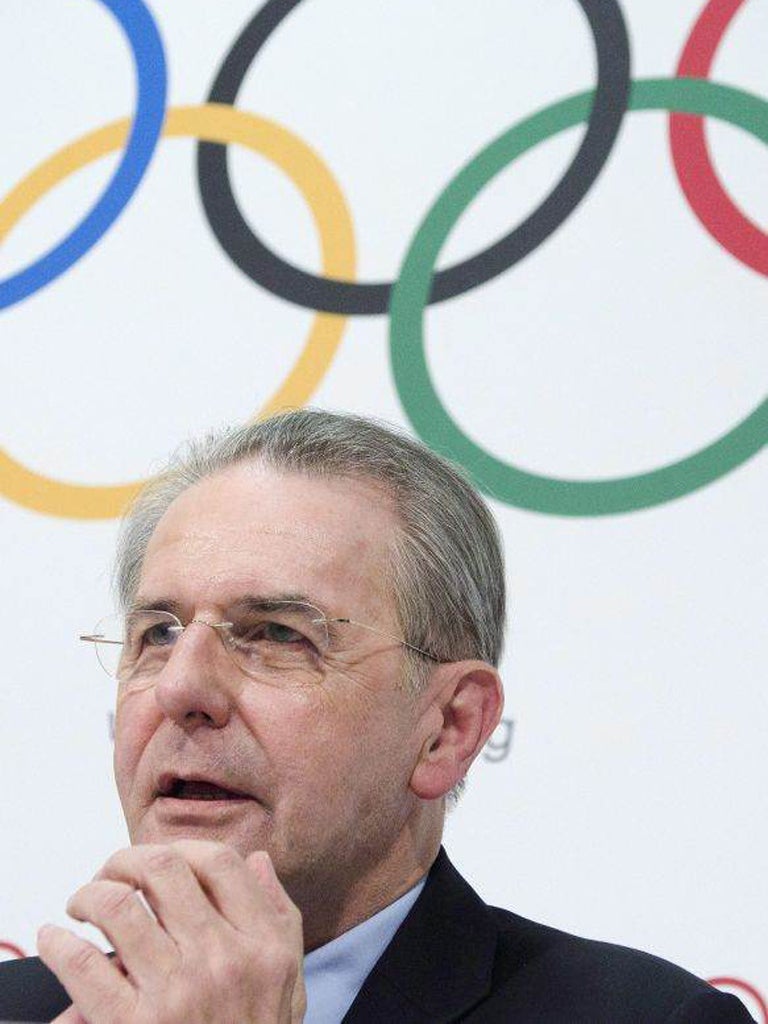London Eye: Athletes need to break their silence on curse of doping

There were two significant sporting moments played out in courtrooms in this country this year. One came amid a scrum of international media at Southwark Crown Court on the banks of the Thames in London and resulted in the imprisonment of three Pakistan Test cricketers, the captain Salman Butt, and two of the world's best fast bowlers, Mohammad Asif and Mohammad Amir. It shook cricket, a continent and the sporting world beyond.
Last month not far from the banks of the River Mersey there was only a murmur of media interest when Carl Fletcher, the eighth-best shot-putter in the UK, was sent to prison at Liverpool Crown Court for possessing Class C drugs with intent to supply. It shook few in athletics and possibly nobody in the wider sporting world but in an office tucked behind London's Trafalgar Square there was immense satisfaction at the outcome. Fletcher's imprisonment for supplying anabolic steroids was accompanied by the imposition of a four-year sporting ban.
He became the first British athlete to be banned for drug trafficking and it represented a landmark moment for UK Anti-Doping, the government-funded body that celebrates its second birthday this week. Unlike in Italy and France, doping in sport is not a criminal offence in this country, but Fletcher's successful prosecution came on trafficking charges as UKAD joined forces with Merseyside Police and Soca, the national organised crime agency. The operation also threw up several leads that may yet result in further bans for athletes and what UKAD calls athletes' entourages.
Hitting higher up the chain – the suppliers, coaches and the like who can mislead their charges – is one of the key aims of UKAD's approach. "We rely on information," says David Kenworthy, the former policeman who is now UKAD's chairman. "It is very easy to focus on the athlete, but they are the end user."
The Fletcher case now stands as what can be achieved with a combination of outside help and intelligence (although it was UKAD's good fortune that two former police officers, one of whom was Fletcher's uncle, were also involved, ensuring a stretched police force's interest in the case).
With increasing attention being paid to the spread of corruption – earlier this year Jacques Rogge, president of the International Olympic Committee, drew attention to the rise of fixing as a threat to the integrity of sport – the fight against doping has been overshadowed, but it remains a live battle. Andy Parkinson, UKAD's chief executive, highlights two areas in particular his body are trying to address. One is simply to remind sports of the threat that remains. There are concerns that some have become complacent.
The other is more difficult to address, what Parkinson calls the code of silence – a reluctance of many athletes in effect to "grass" team-mates, colleagues, rivals or opponents. "It is still a real issue and we don't know how to crack it," said Parkinson. "We cannot fix it on our own."
UKAD has a hotline run by Crimestoppers that guarantees anonymity and confidentiality – one of the initial tip-offs that led to Fletcher's conviction came via a call to the hotline.
More information can lead to more Fletchers and a greater chance of the level playing field athletes say they want – the British Olympic Association by-law banning drug cheats is said to enjoy widespread athlete support – but it needs athletes to play UKAD's game too.
Join our commenting forum
Join thought-provoking conversations, follow other Independent readers and see their replies
Comments
Bookmark popover
Removed from bookmarks